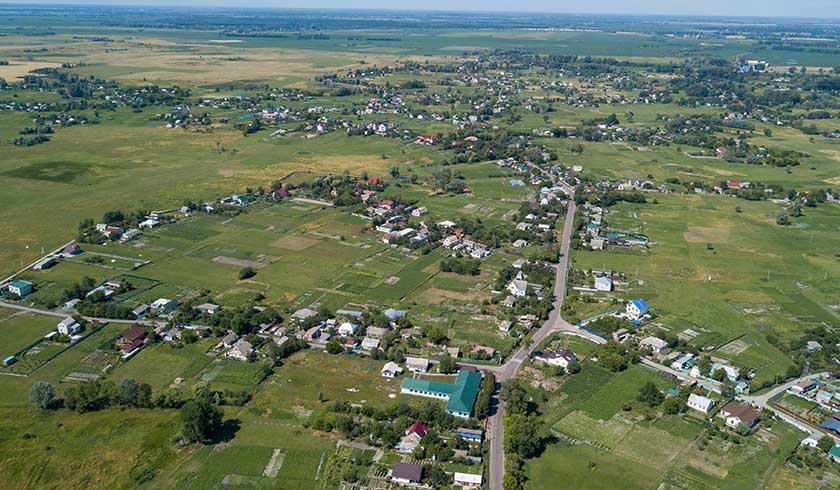Rural properties bring different challenges to real estate
Conditions can be harsh in rural Australia, and with droughts and bushfires strongly featured in the headlines, it makes selling farms more challenging.

Brown paddocks, dusty tracks and worried farmers questioning where they are going to get feed for their stock is not a picture that sells a farm.
Among the gloom, there are positives.
The climate variations across rural New South Wales reveals the vast difference in farming life. Areas like Wingham have farmers have plenty of feed for their stock, while just a two-and-a-half-hour drive north-west to Tamworth, it is as “dry as a chip”, LJ Hooker NSW rural network development manager Ian Simpson told Smart Property Investment's sister brand, Real Estate Business.
Although bushfires across NSW have left a path of destruction, real estate agents have been able to find positives for some who are trying to sell their farm.
Mr Simpson said he was speaking to an agent who had a client affected by the fires and he thinks it will help present the farm better because the fire has cleared a lot of mess.
Although you would think it was not a good time to be searching for a farm during a drought, there are a lot of buyers searching for property.
“It is the best time to buy a performing farm,” Mr Simpson said.
However, a lot of struggling farmers are reluctant to sell their farms while they are not looking their best.
“They are smart not to put their farms on the market while there is no grass,” he said. “They will wait for the rain to come and the grass to grow. Then I think we will see a flood of farms come on the market.”
Marketing farms is a different ball game compared to selling homes in the city.
“When we see a rural property come on the market, there aren’t many specialists out there, so we can easily get 3.3 to 3.4 per cent commission,” Mr Simpson said.
However, rural properties can take years to sell, so agents need to be more responsible with their earnings because there is an uncertainty of when the next sale will come.
With the low levels of properties on the market, agents will compete by cutting their commission to secure a listing.
Many agents tend to have a secondary income, as a lot of agents are also farms, Mr Simpson said.
Mr Simpson is also the principal at LJ Hooker Forbes, a community of about 10,000 people, where there are four real estate agencies.
“Anymore than four would be too many in our town,” he said.
As an agency in town, the team at LJ Hooker are a vital part of the community, and they make sure they can give back. During the drought, there was a lot of assistance to farmers, so Mr Simpson and his team took it upon themselves to focus on the kids.
“We have been raising money to support local primary schools,” he said. “We attend community shows, fairs and farmers markets, handing out balloons and lollies while raising money.
“When something like a drought happens in a rural community, there is so much support and people giving back to the community.”
While tough times hit rural communities, it also impacts the way Mr Simpson has to run his business.
“You have to run a better business,” he said. “There will be dry times, and we have to make sure we have money there as a backup.”
Sometimes he will have to consider financing, personal loan options and cost cutting.
“Earlier this year, I rang my suppliers and asked for a better deal,” he said. “I’ve got to cut costs where I can, but not my staff; I have to look after them first.”

